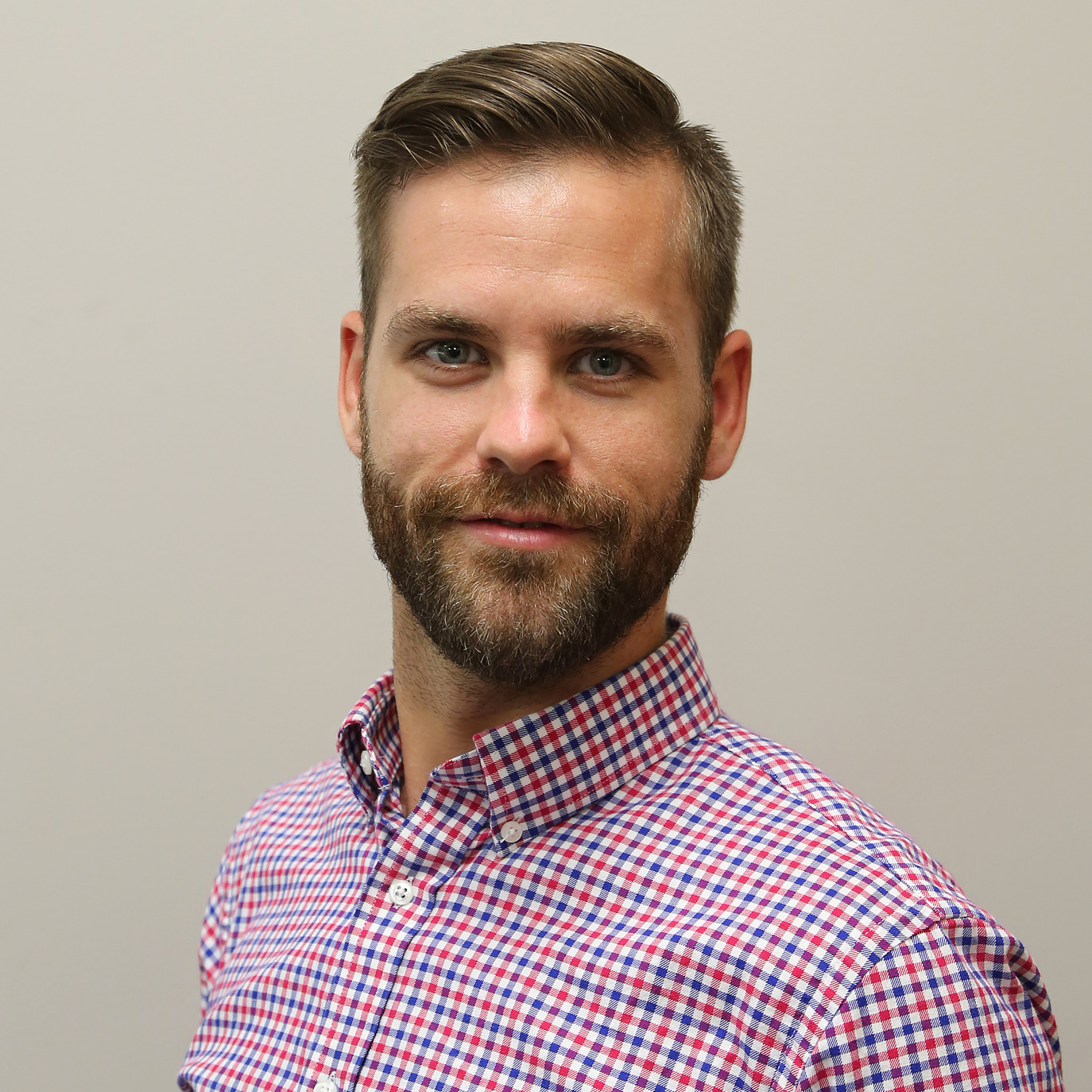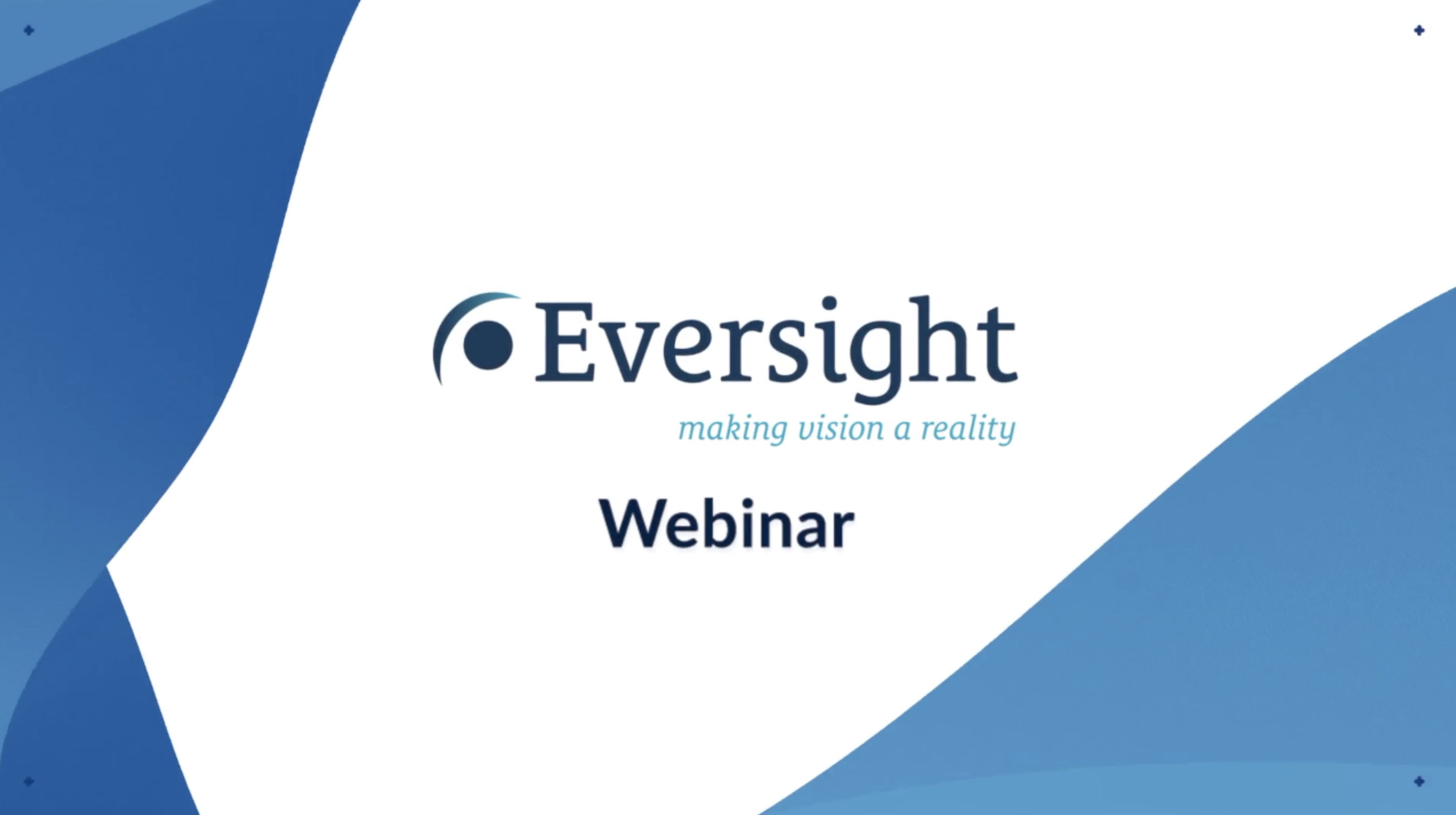By Michael Szkarlat, Partner Development Director
July 8, 2022 — We were joined by Divya Srikumaran, MD, of Johns Hopkins Wilmer Eye Institute for our June 2022 webinar. She discussed her algorithm for the management of cases with concurrent cataracts and Fuchs’ endothelial corneal dystrophy (FECD).
Dr. Srikumaran begins with a brief description of the pathophysiology of Fuchs’ and the history of surgical treatment, followed by a detailed discussion of her approach to diagnosing the underlying cause of visual impairment in cases where there is concurrent cataracts in patients who also suffer from Fuchs’ dystrophy.
This diagnostic serves as the input for her algorithm, which then divides treatment into the following three categories:
- Significant FECD/no cataract
- Mild FECD/significant cataract
- Significant FECD/significant cataract
Throughout her description of each of these scenarios, Dr. Srikumaran uses case examples to demonstrate use of the algorithm. In addition to the use of individual cases, she summarizes the most recent and strongest evidence available to support her conclusions. She continues to highlight the importance of careful diagnostic assessment in each scenario.
When describing the second scenario, mild FECD with significant cataract, Dr. Srikumaran offers her considerations for cataract extraction in eyes with FECD. The final scenario, significant FECD with significant cataract, features considerations for determining when to perform triple vs. staged procedures.
She also offers pearls for performing DMEK triple procedures including advice on how to achieve good refractive outcomes in these patients.
Key takeaways include:
Dr. Srikumaran specializes in the management of anterior segment and corneal disorders in her role as an associate professor of ophthalmology in the Division of Cornea, Cataract and External Disease at the Johns Hopkins Wilmer Eye Institute. Her research is focused on the assessment of corneal transplant outcomes and predictors for receiving keratoplasty through big data sources, including administrative claims data and in collaboration with eye banks.
Eversight's free webinars are a great way for you to connect, learn and train digitally with leading ophthalmologists and researchers from around the world. We invite you to RSVP for scheduled webinars and browse our recording library.
Have an idea for a future topic? Interested in receiving timely and relevant information from Eversight? We'd love to hear from you!
Share this Post
About the author
Michael Szkarlat, Partner Development Director

Michael has been with Eversight since 2016 and has recently worked to develop Eversight's educational wet lab programs for EK surgery and a standardized protocol for DALK practice in a wet lab setting. His eye banking experience is rooted in the preparation of corneal grafts and spent nearly five years as Eversight’s Medical Director designee in charge of training clinical team members to prepare corneal tissue for DMEK and DSAEK surgery. In his time at Eversight, Michael has presented at scientific conferences, been involved in clinical research and developed innovations in tissue processing. He was named an IAPB Eye Heath Hero in the innovations category. Michael is passionate about community-based eye banking and honoring the precious gift that is donation. When not at work, he enjoys traveling with his wife and baking artisan sourdough bread.



